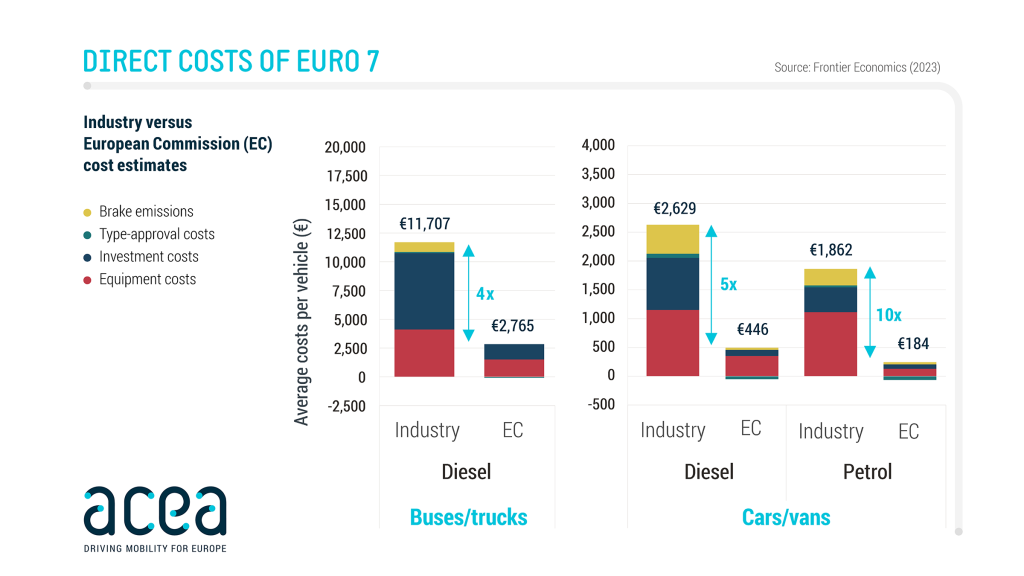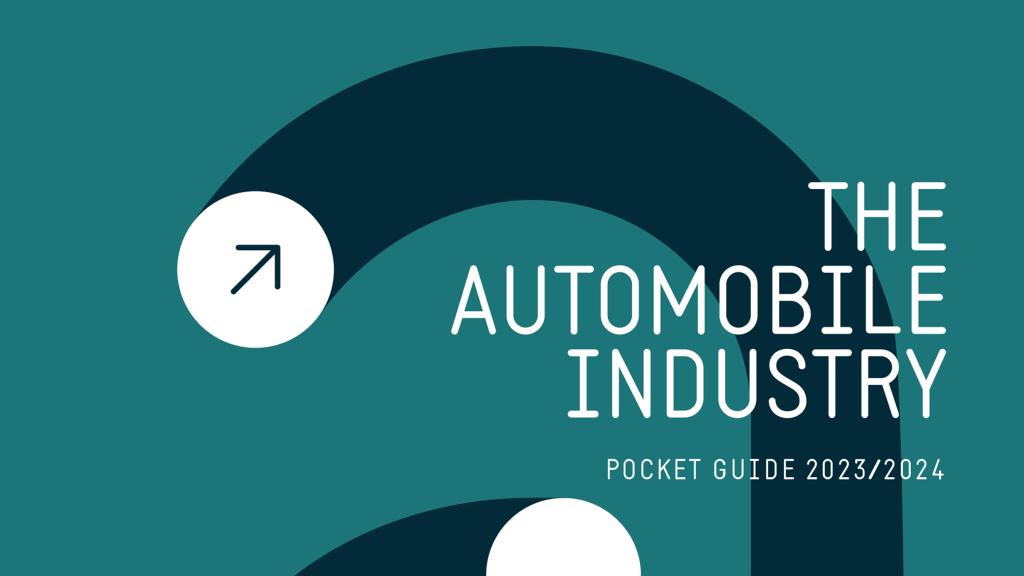Inaction on EU-UK electric vehicle trade could cost €4.3bn and hit production, EU auto makers warn

Brussels, 20 June 2023 – The European Automobile Manufacturers’ Association (ACEA) is calling for a three-year postponement to restrictive rules on EU-UK electric vehicle trade, set to come into force in just six months. Otherwise, tariffs could total €4.3 billion, potentially reducing electric vehicle production by some 480,000 units.
Goods exported under EU free-trade agreements must comply with ‘rules of origin’ to obtain tariff preferences. The current transitional rules in the EU-UK Trade and Cooperation Agreement (TCA) allow batteries assembled in Europe to qualify for European origin.
However, from 1 January 2024, these rules will become much more restrictive, requiring all battery parts, as well as some critical battery material, to be produced in either the EU or the UK to qualify for tariff-free trade.
“Europe has not yet established a secure and reliable battery supply chain that can cater to these more restrictive rules right now,” stated ACEA’s Director General, Sigrid de Vries. “That is why we are asking the European Commission to extend the current phase-in period by three years.”
“There has been massive investment in the European battery supply chain, but time is needed to build up the required capacity. In the meantime, vehicle manufacturers must rely on battery cells or materials imported from Asia.”
According to data from ACEA members, the 10% tariff on electric vehicles would cost nearly €4.3 billion over the three-year period between 2024 and 2026. This would be detrimental not only to the EU auto industry but also to the European economy.
“As we face increasing competitive pressures from abroad, the application of these rules would have severe consequences for electric vehicle manufacturing in Europe – at the very time when we should be massively ramping up sales and production,” warned de Vries.
The UK is the EU auto industry’s number one export market, accounting for almost a quarter of electric vehicle exports. As tariffs would have a negative impact on sales in this crucial market, the industry could potentially be forced to cut electric vehicle production in the EU by up to 480,000 units, the equivalent output of two average-sized automobile factories.
Chinese-made electric vehicles already make up one-third of the UK market, despite a 10% customs duty. If European manufacturers are forced to pay the same entry tariff, they will clearly lose ground to third-country competition.
De Vries: “Failure to act now will hamper our ability to remain competitive on the global electric vehicle market, and lead to lost market share – which will be extremely difficult to regain.”
Europe has not yet established a secure and reliable battery supply chain that can cater to more restrictive rules on EU-UK electric vehicle trade. We are asking the European Commission to extend the current phase-in period by three years.
Notes for editors
- In 2022, battery electric vehicles accounted for €22.3 billion of a total €156 billion EU vehicle exports. This represents a 100% increase from the previous year and a 400% increase from 2019.
- The EU share of the UK electric vehicle market increased from 44% in 2019 to 47% in 2022. In the same period, China’s share of the UK electric vehicle market grew from 2% to 32%.
- For more information on trade flows between the EU and the UK, please consult our fact sheet here: https://www.acea.auto/fact/fact-sheet-eu-uk-vehicle-trade/.
- See ACEA’s letter to the European Commission, which outlines the impact of applying the rules of origin between 2024 and 2026 in terms of total cost in tariffs as well as production of electric vehicles: https://www.acea.auto/news/acea-letter-to-the-european-commission-on-battery-rules-of-origin/.
About ACEA
- The European Automobile Manufacturers’ Association (ACEA) represents the 15 major Europe-based car, van, truck and bus makers: BMW Group, DAF Trucks, Daimler Truck, Ferrari, Ford of Europe, Honda Motor Europe, Hyundai Motor Europe, Iveco Group, JLR, Mercedes-Benz, Nissan, Renault Group, Toyota Motor Europe, Volkswagen Group, and Volvo Group
- Visit www.acea.auto for more information about ACEA, and follow us on http://www.twitter.com/ACEA_auto or http://www.linkedin.com/company/ACEA/
Contact:
- Cara McLaughlin, Communications Director, cm@acea.auto, +32 485 88 66 47
- Ben Kennard, Content Editor and Press Manager, bk@acea.auto, +32 485 88 66 44
About the EU automobile industry
- 12.9 million Europeans work in the automotive sector
- 8.3% of all manufacturing jobs in the EU
- €392.2 billion in tax revenue for European governments
- €101.9 billion trade surplus for the European Union
- Over 7% of EU GDP generated by the auto industry
- €59.1 billion in R&D spending annually, 31% of EU total


